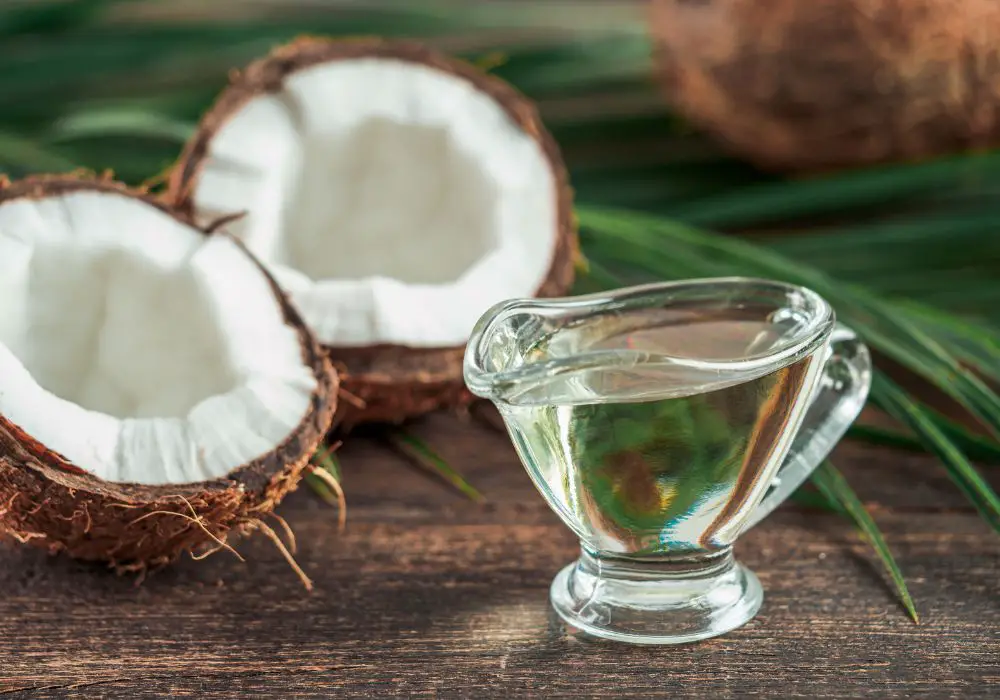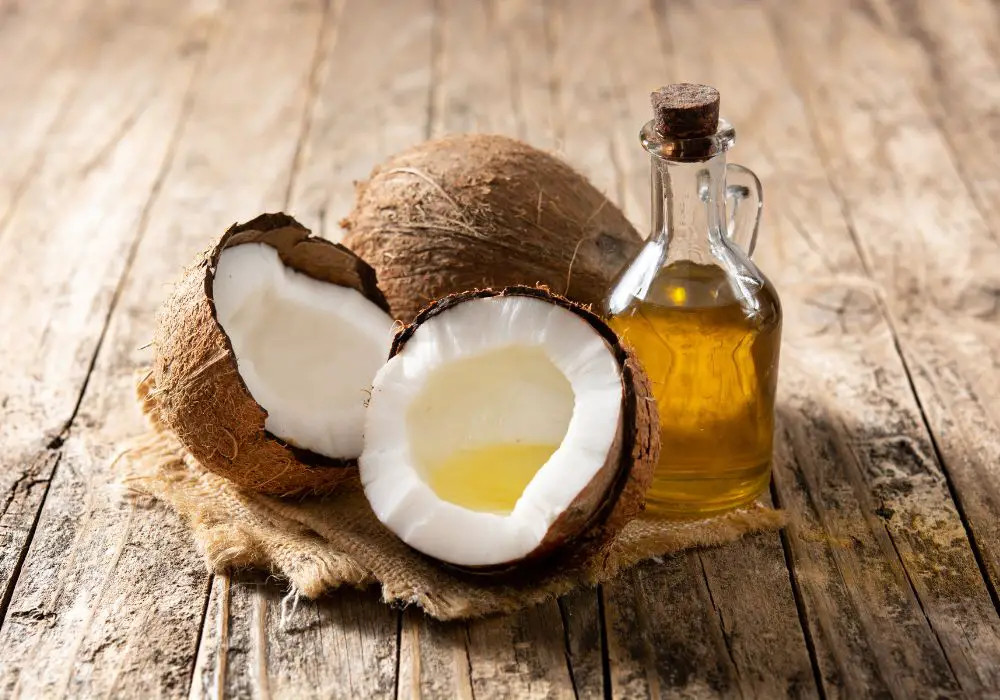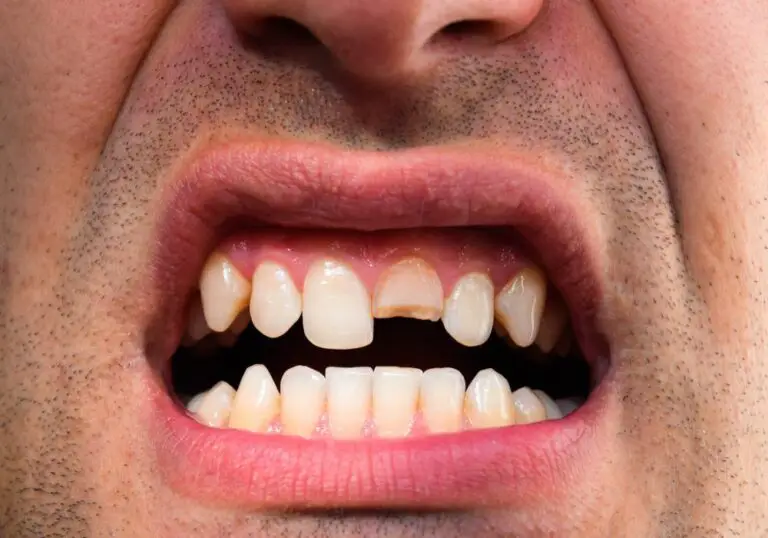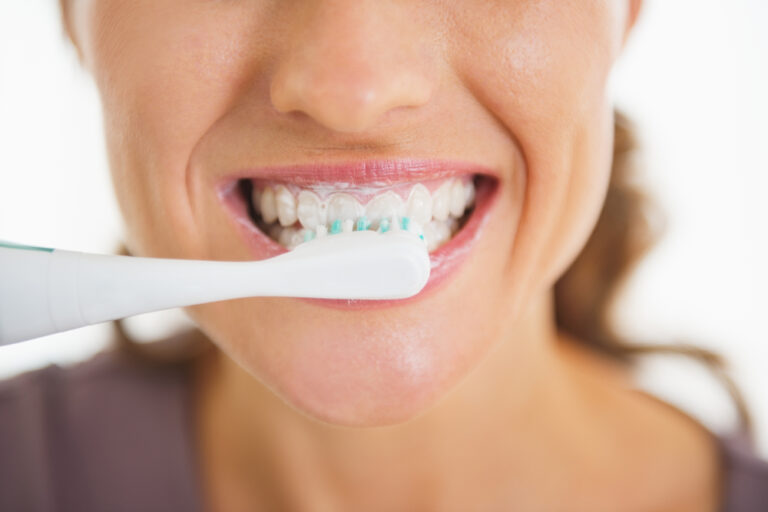Coconut oil has surged in popularity in recent years as a natural remedy for many purposes, including dental and oral health. With proven antimicrobial properties, coconut oil is believed to reduce plaque, freshen breath, and whiten teeth when used regularly.
But questions remain about the safety and effectiveness of coconut oil for daily long-term use on teeth. This comprehensive article provides a detailed look at the benefits and risks of using coconut oil for dental hygiene, proper usage methods, and tips for maximizing results while avoiding potential side effects.
A closer look at the benefits of coconut oil for teeth
Coconut oil contains a unique composition of fatty acids and compounds that provide a wide range of potential oral health benefits:
1. Reduces plaque buildup and bacteria
Plaque is a sticky biofilm of bacteria, food debris, and saliva that adheres to teeth and can lead to dental caries and gum inflammation. Certain medium chain fatty acids in coconut oil, especially lauric acid, have proven antimicrobial effects against cavity-causing bacteria like Streptococcus mutans.
In one study, swishing coconut oil for 10 minutes significantly reduced overall mouth bacteria including Streptococcus mutans, as well as plaque buildup and gingivitis inflammation. The researchers attributed this bacteria-suppressing effect mainly to coconut oil’s lauric acid content.
Lauric acid penetrates cell membranes of harmful oral bacteria, disturbing their metabolism and ability to replicate. Regular use of coconut oil may help lower the overall oral bacterial load linked to cavities, bad breath, and periodontal disease.
2. Whitens teeth over time
Many people anecdotally report that swishing and brushing with coconut oil lightens tooth stains and color over time.
There is limited clinical evidence showing coconut oil significantly whitens teeth. But its abrasive texture may help scrub off some extrinsic stains on the tooth surface. Coconut oil is unlikely to change intrinsic tooth color the way professional or over-the-counter bleaching products can.
However, its antimicrobial properties may reduce pigment-producing oral bacteria that contribute to gradual yellowish discoloration in some individuals. With regular use, coconut oil may help prevent new stains from forming as well as slowly lighten existing extrinsic stains on enamel.
3. Protects against tooth decay
In addition to lauric acid, coconut oil contains other medium chain fatty acids like capric acid and caprylic acid. Research indicates these fatty acids have antifungal and antibacterial activities that may protect against dental caries.
One animal study found that coconut oil significantly reduced the incidence of dental caries while raising blood antioxidant levels. The researchers suggested coconut oil enhances dental health partly by suppressing inflammation that damages tooth enamel and makes teeth more prone to decay.
More human studies are needed. But the antimicrobial and anti-inflammatory properties of coconut oil may reinforce overall dental health.
4. Soothes mouth sores and irritation
Mouth sores can result from viral or bacterial infections, oral trauma, or autoimmune conditions. Due to its anti-inflammatory effects, applying coconut oil is reported to ease the pain and speed healing of mouth ulcers.
One study found that coconut oil rinses healed cheek bites faster than placebo treatments. This soothing effect may be attributed to the MCTs that penetrate irritated oral tissues and help resolve swelling and infection.
5. Freshens breath
The antimicrobial properties of coconut oil may curb bad breath by suppressing bacteria populations in the mouth and on the tongue.
One study found that oil pulling with coconut oil significantly reduced oral malodor compared to sesame oil or a chlorhexidine mouthwash. However, coconut oil can also leave a temporary “coconutty” aroma in the mouth after swishing or brushing.
While not a cure for chronic bad breath, coconut oil may provide a pleasant alternative to chemical mouthwashes. Combined with proper brushing, it can limit bacterial growth that causes foul odors.
6. Helps dry mouth and enhances saliva flow
Coconut oil is reported to provide temporary relief for xerostomia, or chronic dry mouth condition. Dry mouth happens when salivary glands don’t produce enough saliva, often due to medication side effects or autoimmune problems.
Applying coconut oil allows it to coat the inside of the mouth and throat to lubricate dry tissues. This effect may prompt increased saliva production while decreasing uncomfortable friction.
One study found swishing coconut oil significantly improved dry mouth symptoms among elderly participants. More research is needed to determine how effectively coconut oil stimulates lasting saliva production in those with chronic dry mouth or Sjogren’s syndrome.
In summary, coconut oil appears to benefit oral health and dental hygiene in various ways. But most evidence is preliminary and anecdotal. High-quality clinical studies are still needed to substantiate these effects and better understand proper usage.
Potential risks and side effects of using coconut oil on teeth

While generally considered safe, using coconut oil in the mouth does carry some potential risks:
- Increased plaque: Despite having antimicrobial properties, coconut oil may encourage more plaque buildup since oil can adhere to teeth. Saliva cannot penetrate oil as well to naturally wash away bacteria.
- Tooth decay: The high fat content of coconut oil could break down and essentially provide food for oral bacteria that cause cavities. Leaving coconut oil residues in the mouth too long, especially after eating sugars, may increase dental caries risk.
- Lipoid pneumonia: Rarely, accidentally inhaling oil into the lungs when swishing can cause lipoid pneumonia, a serious inflammatory condition. This is a very uncommon but reported risk.
- Allergic reaction: Coconut allergies are very rare but possible. Discontinue coconut oil oral use immediately if any swelling, skin irritation, or difficulty breathing occurs.
- Choking hazard: Swishing liquid coconut oil could pose a choking risk, especially for children or elderly. Use appropriate caution and supervision.
- High calories: Coconut oil is very calorically dense at 120 calories per tablespoon. Consuming too much could lead to excessive calorie intake and weight gain over time.
- Insufficient research: Current evidence on the dental health effects of coconut oil is limited. More rigorous clinical studies are needed to validate health claims and establish definitive usage guidelines.
While these risks are unlikely or very rare in most healthy adults, anyone with significant oral health issues should consult a dentist before trying coconut oil. Monitor your mouth closely and discontinue use if negative effects occur.
Proper methods for using coconut oil on teeth and gums

If you want to try coconut oil for better oral hygiene, here are some generally safe and potentially effective usage techniques:
Oil pulling
Oil pulling involves swishing one tablespoon of coconut oil in the mouth for 10-20 minutes then spitting it out. Traditionally done on an empty stomach first thing in the morning, oil pulling may have an oral cleansing effect by “pulling out” bacteria and toxins.
However, claims that oil pulling detoxifies the whole body are unsubstantiated. But it does reduce oral bacteria associated with plaque, gingivitis, and bad breath. Oil pulling is generally safe and simple to add to your dental routine.
Brushing with coconut oil
In place of regular toothpaste, dip your toothbrush into liquid coconut oil or scoop some solid coconut oil to coat the bristles. Gently brush teeth for 2 minutes as normal, allowing the oil to penetrate throughout the mouth.
Avoid scrubbing too hard. Then thoroughly rinse mouth with water until the oil is removed. The abrasive texture of coconut oil may help displace plaque while its antimicrobial effects continue working after to suppress bacterial regrowth.
Coconut oil mouthwash
For a deeper oral cleansing effect, try swishing a spoonful of liquid coconut oil as a mouthwash first. Let it coat teeth, gums, tongue and inner cheeks for 1-2 minutes. Then brush as normal with coconut oil.
This allows coconut oil to penetrate oral tissues before brushing distributes it thoroughly into crevices for a potent bacteria-busting combination. Rinse mouth well afterward.
Spot treatment for irritation
If you have a mouth sore or area of gum inflammation, rub a small dab of solid coconut oil directly onto the spot of irritation using a clean finger or cotton swab.
Let the coconut oil melt and absorb into the tissues to provide localized pain relief and antiseptic effects. Repeat 2-3 times per day as needed.
How often is it safe to use coconut oil on teeth?
There are no strict guidelines for how frequently to use coconut oil on teeth. But these general oral health recommendations may help avoid potential risks:
- Limit oil pulling to 1-2 times per day for no more than 10-20 minutes each.
- Brush with coconut oil 1-2 times daily as part of your oral hygiene routine.
- Swish and gargle coconut oil as a mouthwash once per day at most.
- Rub small amounts of coconut oil on irritation spots up to 3 times per day if needed for symptom relief.
- Take periodic 2-3 week breaks from coconut oil swishing or brushing to allow oral bacteria balance to reset.
- Check with your dentist before daily coconut oil use if you have dental restorations, implants, braces etc.
Monitor your oral health closely when using coconut oil frequently and reduce or discontinue use if any concerns like increased plaque, gum recession, or tooth staining develop. Otherwise, daily coconut oil is likely fine for most healthy adults.
Tips for maximizing benefits and minimizing coconut oil risks

To get the most out of coconut oil oral care while avoiding potential downsides:
- Opt for high-quality, organic, unrefined virgin coconut oil for the most beneficial fatty acid concentration.
- Select cold-pressed liquid coconut oil or melt solid oil to swish and brush with easily.
- Thoroughly rinse mouth with water after coconut oil use to prevent residue buildup.
- Follow up coconut oil with regular toothpaste brushing and flossing to maintain complete oral hygiene.
- Start with small amounts of coconut oil and increase gradually to gauge your body’s response.
- Avoid coconut oil if you have significant dry mouth issues or Sjogren’s syndrome.
- See your dentist regularly for checkups and cleanings even when using coconut oil.
- Monitor for increased plaque buildup or tooth decay and discontinue coconut oil if observed.
Coconut oil alone cannot thoroughly clean teeth or replace dental visits. But as part of a comprehensive oral regimen, it may provide certain benefits for dental health and hygiene when used carefully.
Frequently Asked Questions
1. Does coconut oil actually whiten teeth?
There is limited clinical evidence showing coconut oil significantly whitens or bleaches teeth. The abrasive texture may help scrub off some extrinsic stains from coffee, wine, etc.
But coconut oil will not dramatically whiten teeth or change intrinsic tooth color. Over-the-counter or professional bleaching products are more effective for major tooth whitening results.
2. Can coconut oil help receding gums or gingivitis?
Due to its anti-inflammatory and antimicrobial effects, some evidence suggests coconut oil may aid gingivitis and reduce gum recession. But severe periodontal disease requires professional treatment.
Use coconut oil as a supplemental therapy only and discontinue use if condition worsens or does not improve within 1-2 weeks. See your dentist immediately for gum recession or loose teeth.
3. Is it safe to leave coconut oil on teeth overnight?
Leaving coconut oil on teeth overnight is generally not recommended, as it can break down and provide food for bacteria. Residual coconut oil may lead to increased plaque, decay, etc.
It’s best to thoroughly rinse the mouth with water after brushing or swishing with coconut oil. At most, you can leave a very thin layer of coconut oil on teeth for 30 minutes before rinsing.
4. Can coconut oil cause stains on teeth?
Pure, high quality coconut oil is unlikely to cause tooth staining or discoloration. But lower grade versions with impurities could potentially lead to buildup and yellowish stains over time in some individuals.
Stick with reputable food-grade organic virgin coconut oil and properly rinse residues after use. Monitor your teeth closely and discontinue use if increased staining occurs. Professional cleaning may be needed to remove stains.
5. Should I avoid coconut oil if I have braces or dental work?
Consult your dentist before using coconut oil if you have braces, retainers, implants, crowns, fillings etc. Coconut oil generally won’t damage dental work. But excess oil residues could impact adhesion or provide extra food for bacteria in nooks and crannies.
Use coconut oil sparingly and carefully in these cases and follow up with thorough rinsing and normal oral hygiene practices. Adjust or discontinue coconut oil use per your dentist’s recommendation.






